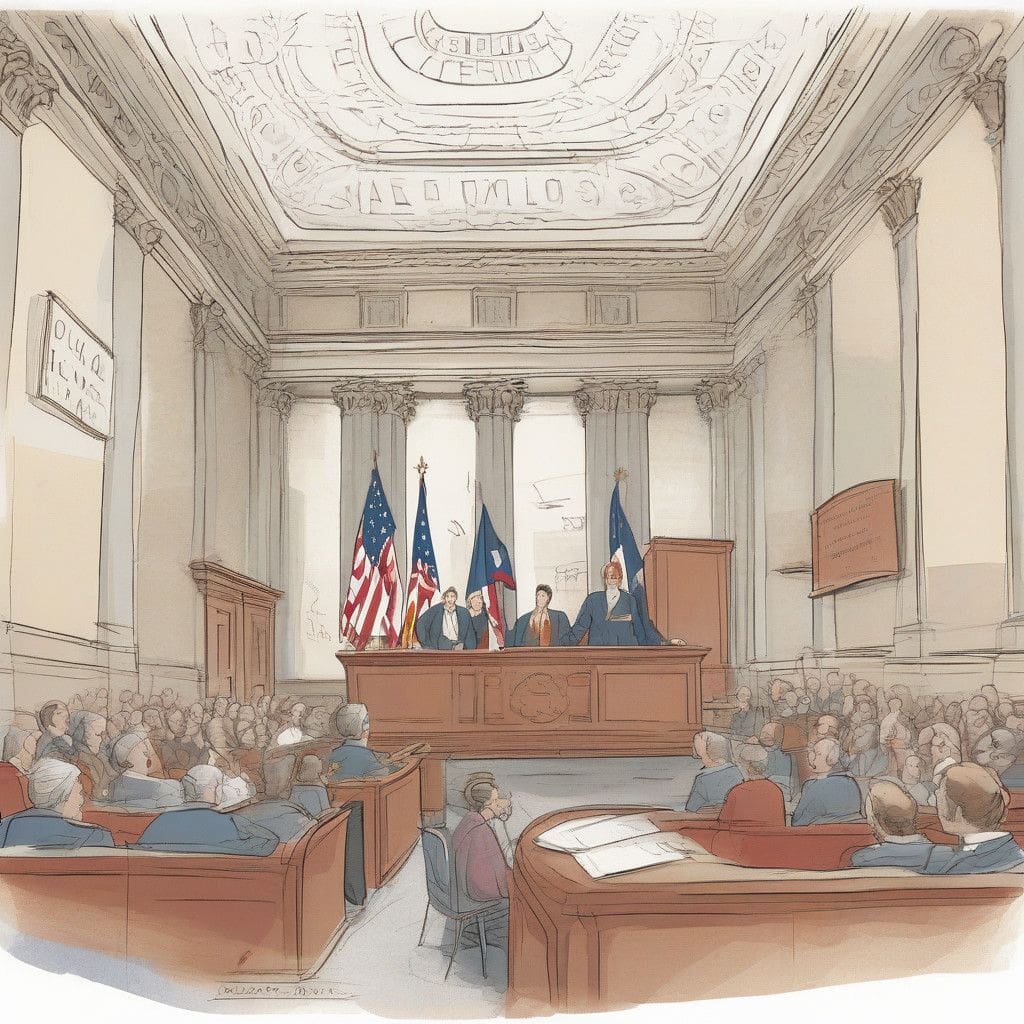In a significant pivot, Elon Musk’s platform, X (formerly known as Twitter), has announced a change to its terms of service, stipulating that any lawsuits filed against the company must be directed to Texas’ Northern District Court. This district, notorious for its conservative rulings, has increasingly become a favored venue for litigants advocating for right-leaning causes.
This strategic move aligns with Musk’s vocal support for conservative ideologies, particularly evident as he has openly backed Donald Trump’s bid for the 2024 presidential campaign. Legal experts and critics have raised the alarm, suggesting that this decision serves as a deliberate tactic to “judge-shop,” a practice where a party seeks to file a lawsuit in a jurisdiction thought more likely to yield favorable results.
At the heart of this shift is the legal landscape of the Northern District of Texas, which has garnered a reputation for favoring business interests in various disputes. The district has been a battleground for right-wing activists aiming to challenge federal policies, particularly those of the Biden administration. Notably, this court has adjudicated cases involving conservative advocacy groups seeking relief from regulations perceived to infringe on their rights or interests.
X’s headquarters are situated in Bastrop, Texas, which falls under the Western District. However, the company’s choice to channel its legal disputes through the Northern District emphasizes a calculated decision to choose a court viewed as more sympathetic to its operational philosophies. This decision has particular relevance considering the two lawsuits currently pending in this jurisdiction. One of these cases involves a lawsuit against Media Matters, a progressive watchdog organization that published a report correlating advertisements on X with posts promoting extremist ideologies, including Nazism. Such legal actions illustrate just how crucial the chosen filing venue is to X’s broader strategy.
The implications of this switch extend beyond mere legal logistics. For users and potential litigants, this policy may deter many from pursuing claims against X due to the perception that the Northern District is disadvantaged for cases that challenge corporate conduct. The environment in the Northern District is likely to shape how cases are heard and decided, potentially erecting barriers for those disadvantaged in the litigation process.
Furthermore, there is a growing concern regarding the transparency and accountability of tech platforms like X. The ability to navigate and direct legal disputes in a manner that could potentially favor the corporation raises questions about the balance of power between users and dominating tech companies. Critics argue that this maneuver is emblematic of a broader strategy to shield the company from rigorous scrutiny, especially in light of controversies surrounding its operational policies and moderation practices.
In the context of corporate governance and user rights, this tactic presents a critical point of discussion. Companies are increasingly engaging in strategic legal maneuvers that can impact the pursuit of justice on behalf of users. This case exemplifies the evolving dynamics of digital platforms where traditional notions of justice and accountability may be undergoing a transformation that favors corporate interests over individual rights.
The broader implications of X’s decision resonate across the tech landscape, especially as scrutiny on big tech companies escalates amidst rising calls for more stringent regulations and reform. As platforms navigate their responsibilities towards users and legal systems, the outcomes of such practices could set precedents that define the relationship between technology and society.
In conclusion, X’s redirection of lawsuits to Texas’ Northern District is not merely a change in legal procedure; it reflects an ongoing struggle for control and influence within the digital landscape. This development underscores the importance for users to remain vigilant and informed about the policies that govern their interactions with such platforms. As the legal environment evolves, so too must the strategies of individuals and groups advocating for accountability and fairness in the digital age.












